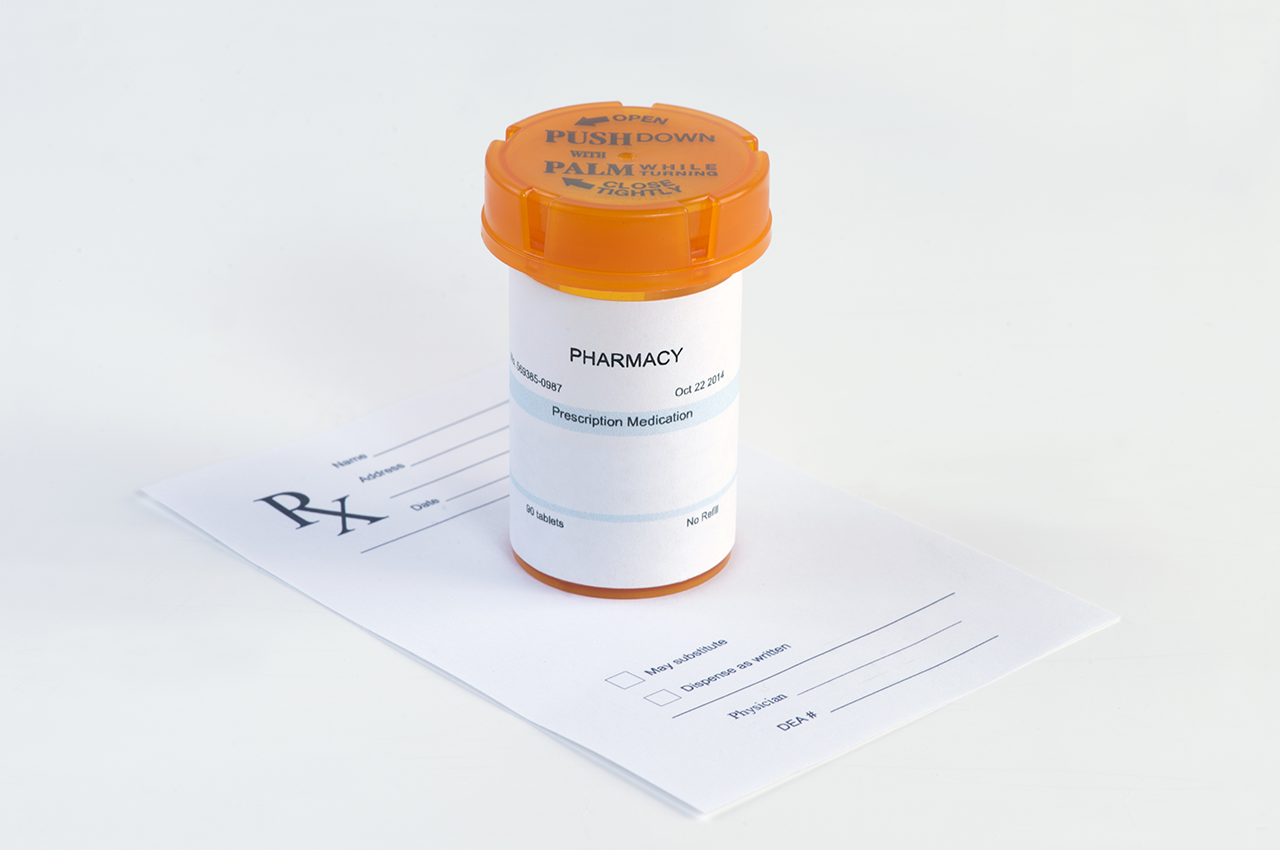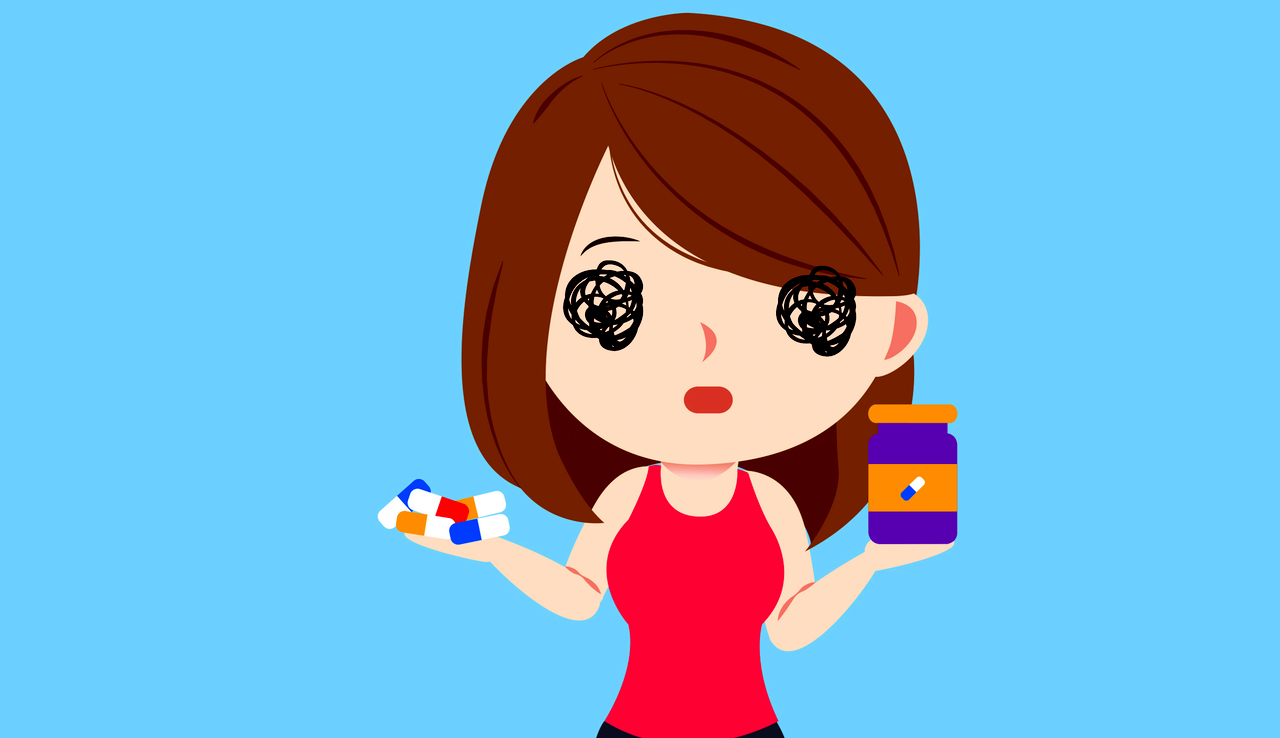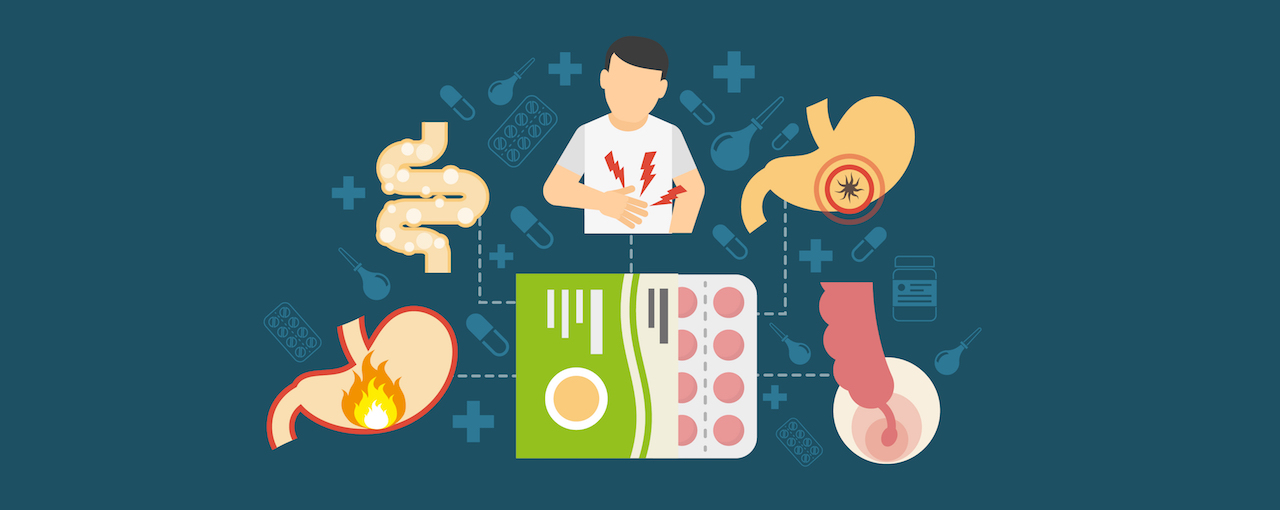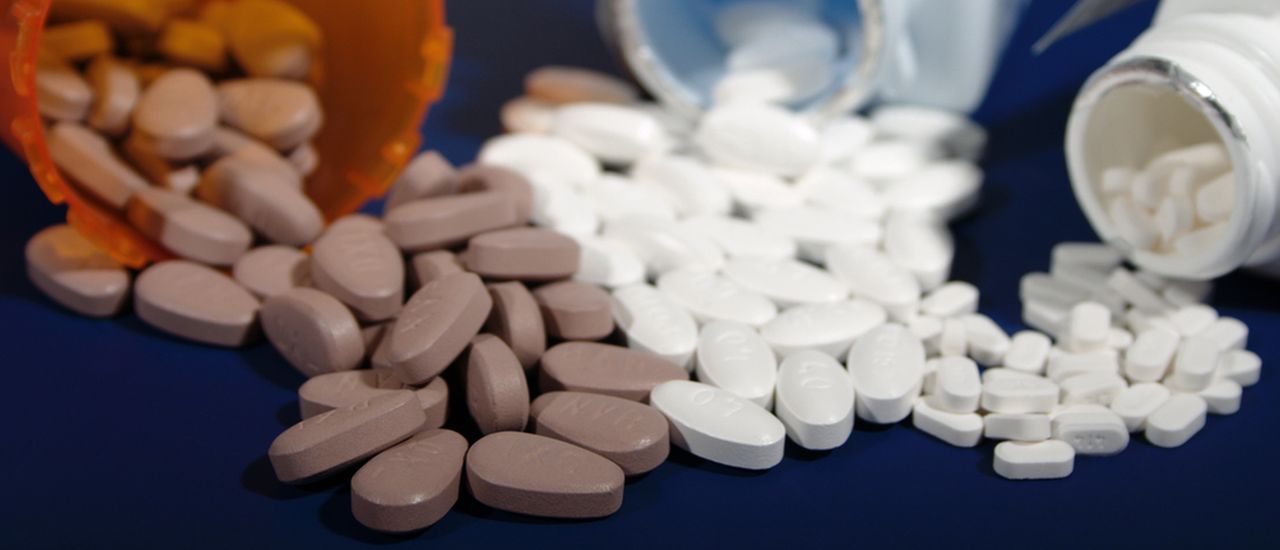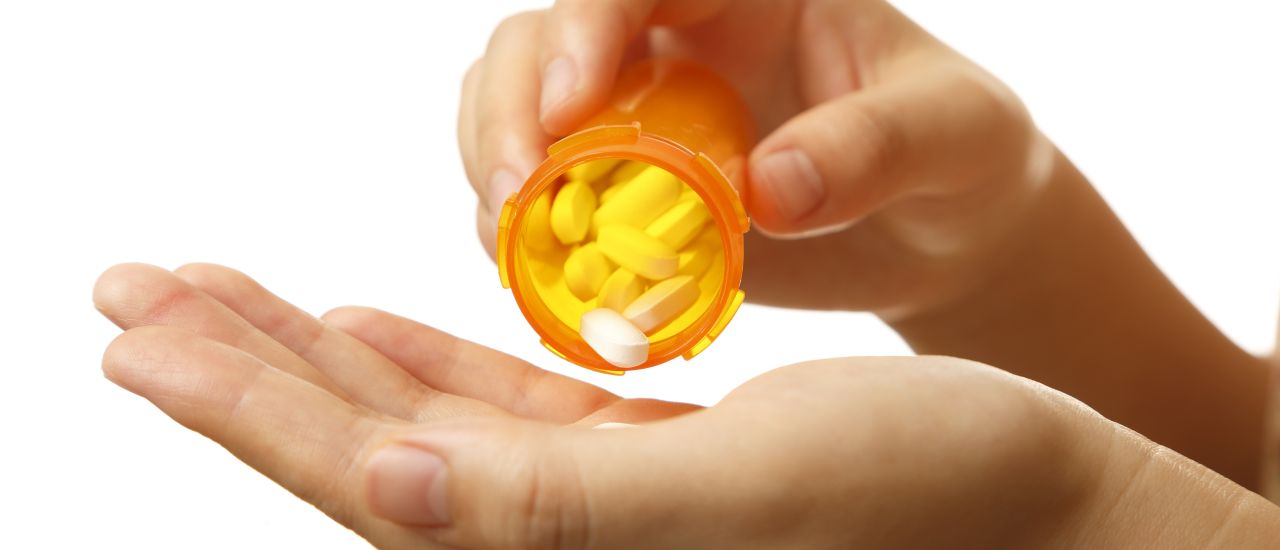If an addict tries to recover on their own without help, they’re likely to relapse from withdrawal symptoms. This is why treatment is necessary.
Common treatments may include:
Therapy
This helps you identify the root of your addiction, to learn healthy coping techniques and repair your relationships. Therapy could be individual therapy, group therapy or family therapy.
Residential treatment
This kind involves living at a treatment facility while undergoing intensive treatment during the day. This residency usually lasts between 30-90 days, depending on the severity of your addiction.
Partial hospitalisation
If your living condition is stable but you need to be monitored, then you may need to meet your doctor at the hospital. You would have to go in about three to five days per week for about four to six hours per day.
Intensive outpatient programs
This treatment focuses on preventing a relapse and can be scheduled around work or school.
Some treatments include medication that can help manage symptoms of withdrawal and cravings that could lead to a relapse. Medication may not be the ultimate cure for alcoholism or other addictions, but it plays a role in the long-term success of an addict’s recovery.
There are different kinds of medication that should be used at the different stages of your recovery. The medication should be taken exactly as it’s prescribed. If you take them at the wrong time or take a wrong dosage, you could experience painful side-effects.
Here are a few of the common medications used in alcohol recovery and how they may help.
Acamprosate
Once your body is free from alcohol; acamprosate is used to help fight the urge to drink. It’s easy to become addicted to alcohol because it releases feel-good hormones called endorphins. Acamprosate helps your brain to become independent of alcohol again by blocking the positive feelings that come with drinking. Although this doesn’t take away symptoms of withdrawal, it lowers the chance of a relapse.
Common side-effects include:
- Diarrhoea.
- Upset stomach.
- Loss of appetite.
- Dry mouth.
- Dizziness.
- Itching.
- Weakness.
- Nausea.
- Anxiety.
- Difficulty falling or staying asleep.
- Sweating.
Disulfiram
This medication is also prescribed only once your body has been emptied of alcohol. Disulfiram reacts to anything that contains alcohol. This includes household products like mouthwash and even paint. It causes negative reactions that will make an addict averse to alcohol.
Reactions include:
- Chest pain.
- Confusion.
- Dizziness or fainting.
- A pounding heartbeat.
- Flushing of the face.
- Sweating.
- Nausea and vomiting.
- Throbbing headache.
- Trouble breathing.
- Weakness.
The effects of taking Disulfiram continue for up to 14 days. This means it will continue to help an addict to quit in the long run.
Benzodiazepines
Commonly used as a sedative, benzodiazepine is an anti-anxiety medication commonly used to relieve symptoms of withdrawal. This medication affects the same parts of the brain that alcohol does. As it reduces some withdrawal symptoms like seizures and hallucinations, it allows your body to continue purging alcohol while still feeling at peace. Once the most severe withdrawal symptoms are over, you need to stop using this particular medication immediately as it can become addictive.
Naltrexone
Like acamprosate, naltrexone blocks the good feelings that come with drinking alcohol. Taking this medication regularly can also help if you relapse. Over time, naltrexone dissociates the “high feeling” with alcohol. Although this medication is not addictive, there are side-effects.
This may include:
- Stomach pain.
- Anxiety, nervousness, restlessness, or trouble sleeping.
- Headache.
- Joint or muscle pain.
- Nausea or vomiting.
- Lethargy.
Good to know
If you experience other or more severe side-effects from any of these medications, talk to your doctor. He will advise you to stop or take a different treatment course. All of these medications are prescribed. Don’t take any of them without your doctor’s advice.

